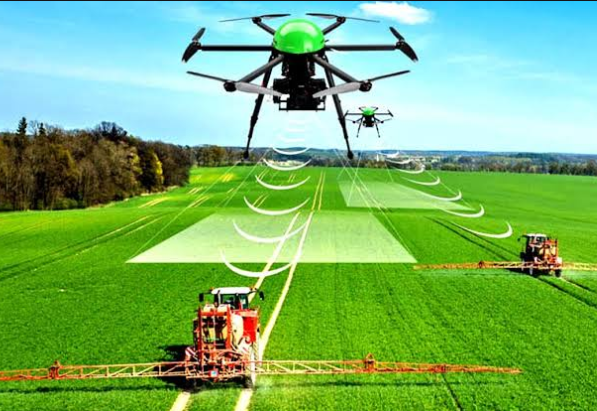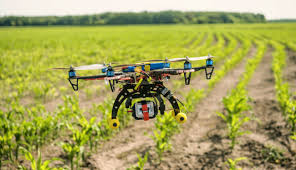Agricultural engineering is the engineering discipline that applies engineering science and technology to agricultural production and processing. Agricultural engineering combines the disciplines of animal biology, plant biology; and mechanical, civil, electrical and chemical engineering principles with the knowledge of agricultural principles.
Agricultural engineers may perform tasks such as planning, supervising and managing the building of dairy effluent schemes, irrigation, drainage, flood and water control systems. AG Engineers perform environmental impact assessments, agricultural product processing and interpret research results and implement the relevant practices.
Labs All Labs of Agriculture Department are well equipped to gauge a curious mind. Few prominent Labs are Fluid Mechanics Lab, Farm Machinary Lab, Basic Electronics and Instrumentation Lab,Theory of Machine Lab , Electrical Circuits & Machines Lab , Soil Mechanics Lab Farm Power Lab, Strength of Material Lab , etc. Lab work and problem solving form a vital part of the curriculum. We take adequate steps to ensure site visits to ensure students are abreast of all construction technologies & methods.
- Soil Mechanics lab
- Strength of material Lab
- Farm Machinery lab
- Tractor & Automotive Engine lab
- Dairy & Food Engineering Lab
Job Prospects: With over 70% population involved directly or indirectly in Agriculture, and with over 1.30 billion mouths to feed, Agriculture Engineers are definitely most sought after Engineers in developing economy like India. Enhancement in agricultural productivity is imperative to meet the ever increasing food demand despite shrinking natural resources and impending climate change. Agricultural Engineering has critical role in higher agricultural production, post harvest management and rural employment generation. A large percentage of agricultural engineers work in academia or for government agencies such as the Central Institute of Agricultural Engineering, Department of Agriculture or state agricultural extension services. Some are consultants, employed by private engineering firms, while others work in industry, for manufacturers of agricultural machinery, equipment, processing technology, and structures for housing livestock and storing crops. Agricultural engineers work in production, sales, management, research and development, or applied science.


